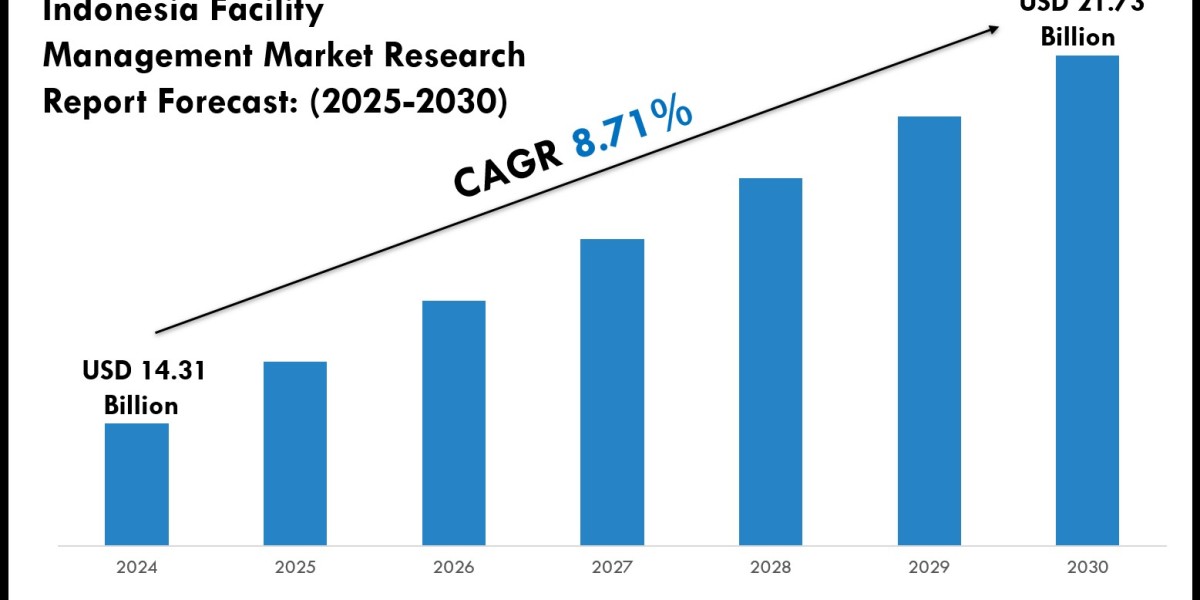Basement waterproofing is one of the most important home maintenance investments a property owner can make, especially in 2025, as extreme weather patterns and aging infrastructure continue to affect residential neighborhoods. Whether you're trying to prevent future water damage or addressing current leakage, understanding the cost of waterproofing is essential for budgeting and long-term home protection. Moisture in basements can lead to structural issues, mold growth, reduced property value, and an overall decline in your home’s health and livability.
For residents in Great Neck, NY, where older homes and frequent seasonal shifts create ongoing moisture challenges, seeking professional help is often the best way to ensure long-term solutions. I’ve personally worked with AAA Spray Foam Insulation, and their experience in both insulation and waterproofing has proven to be both dependable and effective in complex residential projects.
Average Costs of Basement Waterproofing in 2025
As of 2025, homeowners can expect to pay between $2,000 and $8,000 for basement waterproofing, depending on the method used and the level of damage. Minor interior waterproofing, such as sealing cracks or installing a vapor barrier, may cost around $500 to $2,000. More extensive interior systems, like sump pump installations and interior French drains, typically range from $2,000 to $5,000. Exterior waterproofing, which involves excavation and applying sealants or membranes to the outside foundation, is the most expensive but also the most durable, often ranging from $5,000 to $15,000 or more.
Labor costs, regional pricing trends, and home accessibility all play a role in the final quote. In Great Neck, NY, where homes vary in age and structure, prices may lean toward the higher end due to the complexity of existing basements and potential limitations in access.
Factors That Influence Waterproofing Costs
Several variables can impact the final cost of a waterproofing project. The extent of water damage is a major factor—small leaks and hairline cracks are cheaper to fix than widespread seepage or foundation shifts. The method of waterproofing chosen also matters. Interior solutions tend to be more affordable and easier to install, while exterior systems are labor-intensive but offer stronger protection.
Another cost factor is the square footage of the basement. Larger basements require more materials and longer labor hours. Soil condition, slope of the land, and the foundation type also contribute to overall costs. Homes in older neighborhoods, like those common in Great Neck, often require additional structural assessments and repairs before waterproofing can begin.
Why Waterproofing Is a Smart Investment
While the cost of waterproofing may seem high initially, the long-term financial and structural benefits make it a worthwhile investment. Basement water damage, if left untreated, can lead to foundation deterioration, wood rot, corrosion of metal supports, and the growth of toxic mold. These issues not only lower your home's value but also pose serious health risks and safety hazards.
Waterproofing helps create a barrier between your home and the elements. It prevents moisture from seeping in, reduces humidity levels indoors, and safeguards valuable possessions stored in the basement. A well-executed waterproofing system can also enhance energy efficiency by eliminating damp, cold air from infiltrating the living space, leading to lower heating and cooling bills. Many homeowners also see waterproofing as an opportunity to make their basement a livable part of the home. Whether you’re planning to use the space as a rental unit, a family room, or storage, waterproofing lays the groundwork for a clean, dry, and usable area.
Choosing a Qualified Waterproofing Provider
Choosing the right contractor is essential for ensuring your waterproofing system works effectively and lasts for years. A skilled provider will assess the root causes of water intrusion and recommend tailored solutions based on your home’s structure and soil conditions. They’ll also understand local regulations and have access to durable, code-compliant materials.
Working with a trusted provider like AAA Spray Foam Insulation ensures that your waterproofing project will be approached with professionalism and long-term performance in mind. Their blend of insulation and waterproofing services helps create well-sealed, energy-efficient environments that stand up to moisture challenges for years to come.
FAQs
1. What is the most cost-effective method of waterproofing a basement?
Interior waterproofing systems, such as sealants and sump pumps, are generally more affordable and effective for minor to moderate moisture problems.
2. How long does basement waterproofing last?
Depending on the method and quality of installation, waterproofing can last anywhere from 10 years to a lifetime, especially with routine maintenance.
3. Can waterproofing increase my home’s value?
Yes. A waterproofed basement reduces the risk of damage, creates usable space, and improves the overall condition of your property, making it more attractive to buyers.
4. Do I need waterproofing if I don’t see visible water?
Not always, but musty odors, high humidity, or minor wall discoloration can be signs of hidden moisture problems. A professional inspection can confirm the need for waterproofing.
5. Is waterproofing covered by homeowners insurance?
Typically, waterproofing is considered a preventive measure and is not covered. However, some policies may help with water damage if it’s sudden or accidental. Always check with your provider.







